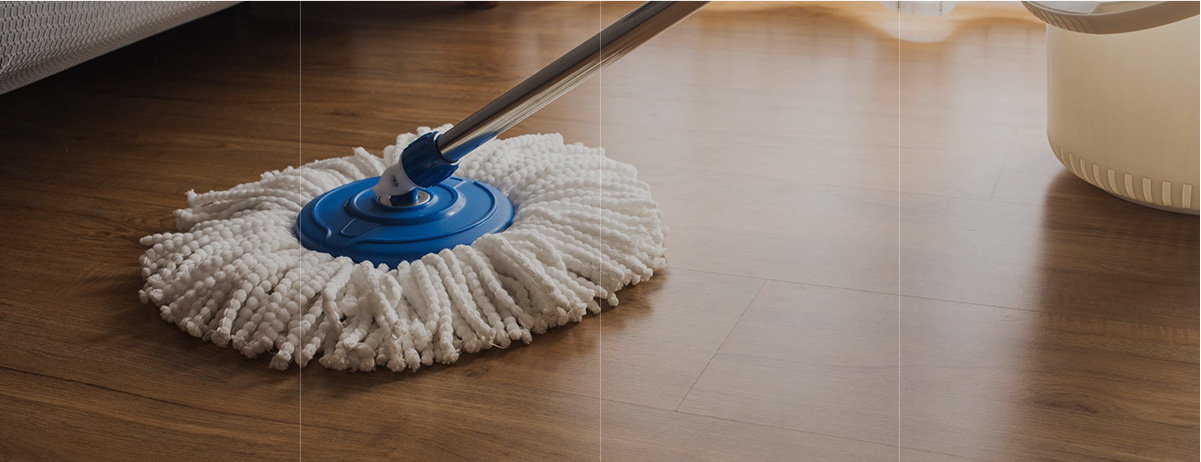
Kitchen dishcloth is the cloth used for cleaning items.It is often used for cleaning and hygiene.The main application is for wiping, which can wipe and clear dust, sprinkled liquid, dishes, furniture and electrical appliance, absorbing water to clean the floor, wiping table and chair and so on.
Jinhua Chaoyuan Daily Necessities Co., Ltd. was established in 2015, which is a modern enterprise integrated R&D, design, manufacturing and sales. The company is located in Jindong Industrial Zone, Jinhua City, Zhejiang Province, covering an area of 23,000 square meters, with more than 200 employees. We specialize in the production of PVA mop, non-woven fabric, bamboo fiber, window brush, cotton mop, rotary mop, microfiber products and other cleaning supplies.
Since its establishment, the company has been committed to the development and research of home cleaning products. As China Kitchen Dishclothes Manufacturers and Kitchen Non-Woven Cleaning Cloth Factory, Based on strong product research and development ability and excellent technical developers, the company has obtained more than 80 patent certification in domestic and foreign countries, which successfully obtained "ISO9001:2015", "BSCI", "ICS" and other qualification certificates. In addition, the "xianmei" trademark is also registered in many countries.
The company receives “pragmatic, responsibility, innovation, integrity, unity” management idea, keeping up with the Times, forging ahead with determination. Till now, it has established long-term cooperation relations with Wal-Mart, Carrefour, Metro, Auchan, Tesco, LEROY MERLIN and many other large supermarkets and home furnishing stores, and its products were sold well in many countries including the United States, the United Kingdom, Italy, Romania, Poland, France, Russia and Singapore. The exports accounted for 75% of the total sales volume.
Company Establishment
Factory Area
Team Members
Patent Achievement
Exported Country
With the continuous progress of science and technology, the product development in the commodity field has become more specialized.
What is the difference between kitchen non-woven dishcloths and traditional woven dishcloths?
The main difference between non-woven dishcloths and traditional woven dishcloths is how and what materials they are made from.
Traditional woven dishcloths are usually made of materials such as cotton, linen, hemp, or synthetic fibers, which are woven through a weaving process. These dishcloths are generally relatively dense and strong, so they clean dishes and pans better.
Non-woven dishcloths are made from raw materials such as fiber or melt-blown cloth through a series of processing processes. Compared with traditional woven dishcloths, nonwoven dishcloths are lighter, softer, easier to wash and dry, and can often be used over and over again.
In general, non-woven dishcloths have certain advantages in terms of cleaning effect and convenience, while traditional woven dishcloths are more durable and strong. Therefore, which type of dishcloth to choose depends on which features you value more.
How to use and clean kitchen dishcloths correctly?
Here are some suggestions for the proper use and cleaning of kitchen dishcloths:
use:
1. Soak the dishcloth in soapy water and squeeze out excess water before use.
2. Use a dishcloth to wipe down dishes, cutlery, kitchen surfaces, etc., being careful not to use too much force as this may scratch the surface.
3. For greasy and difficult-to-remove stains, use dishwashing liquid or detergent.
4. After washing, rinse the dishcloth thoroughly with clean water to ensure soap and stains are washed away.
5. Hang or lay the dishcloth flat to dry after use.
clean:
1. Wash dishcloths after each use and keep them dry.
2. Dishcloths can be changed every week or two to keep them clean and hygienic.
3. If dishcloths become smelly or moldy, soak them in water with bleach, rinse thoroughly, and dry.
4. Avoid storing dishcloths and other cleaning utensils together to prevent cross-contamination and bacterial growth.
5. Avoid using dishcloths on fresh food to prevent the spread of bacteria on food.
6. Avoid scratching the surface with hot water or a dishcloth as it may become damaged.
Proper use and cleaning of kitchen dishcloths can ensure cleaning effect and hygienic safety. Changing dishcloths regularly and keeping them clean will prevent bacteria growth and odors.
